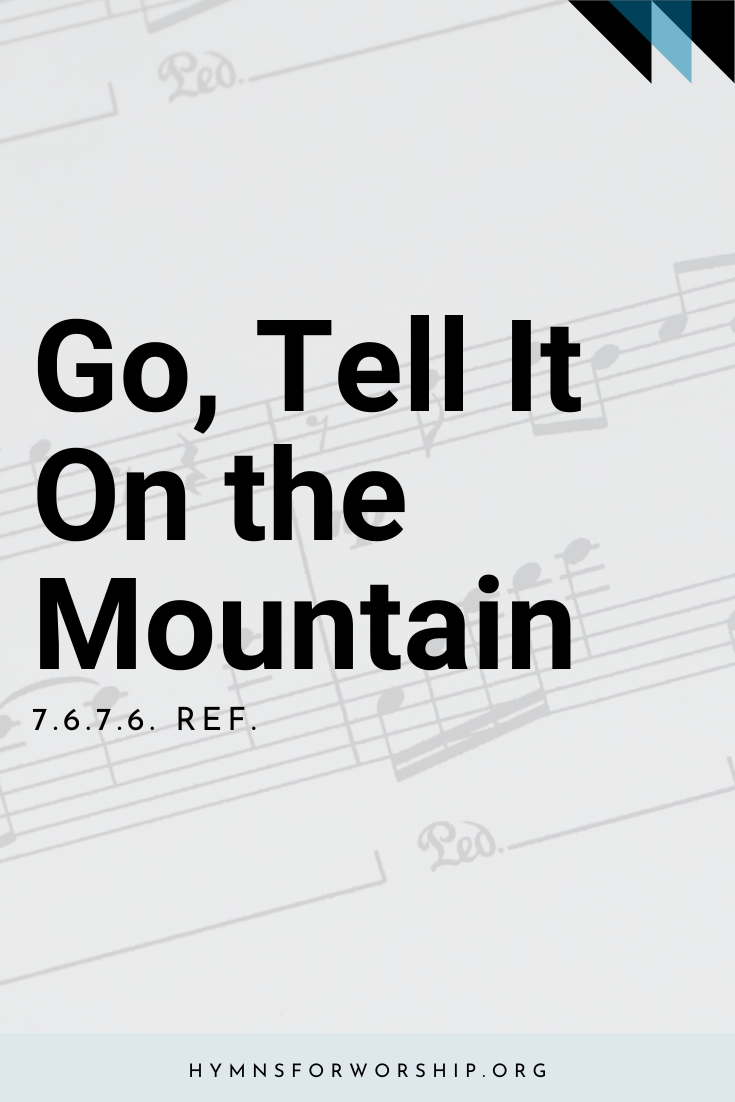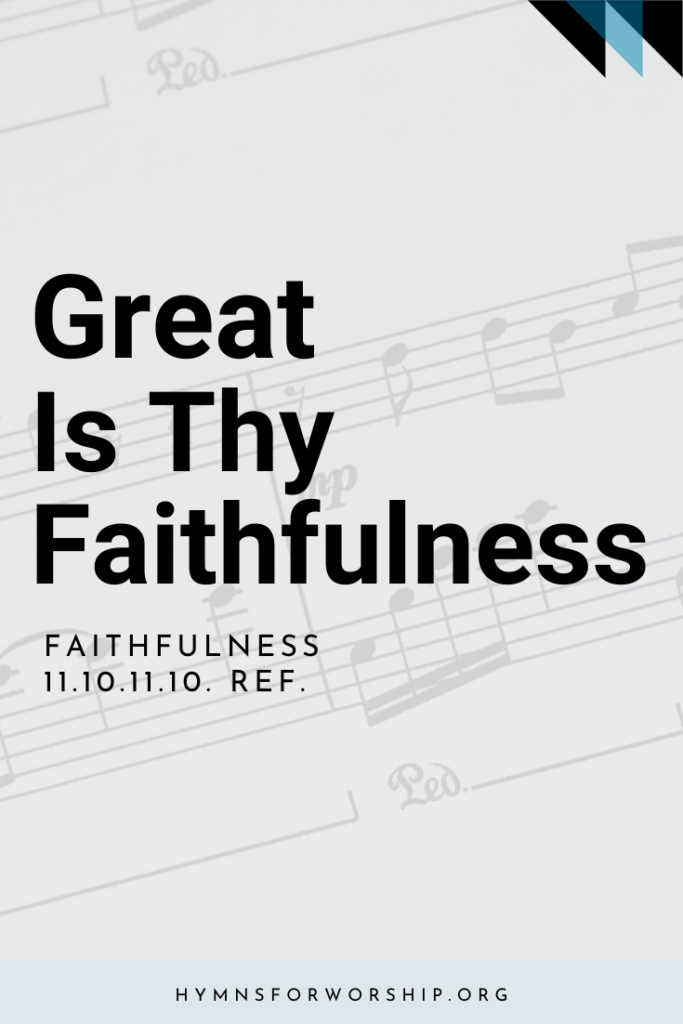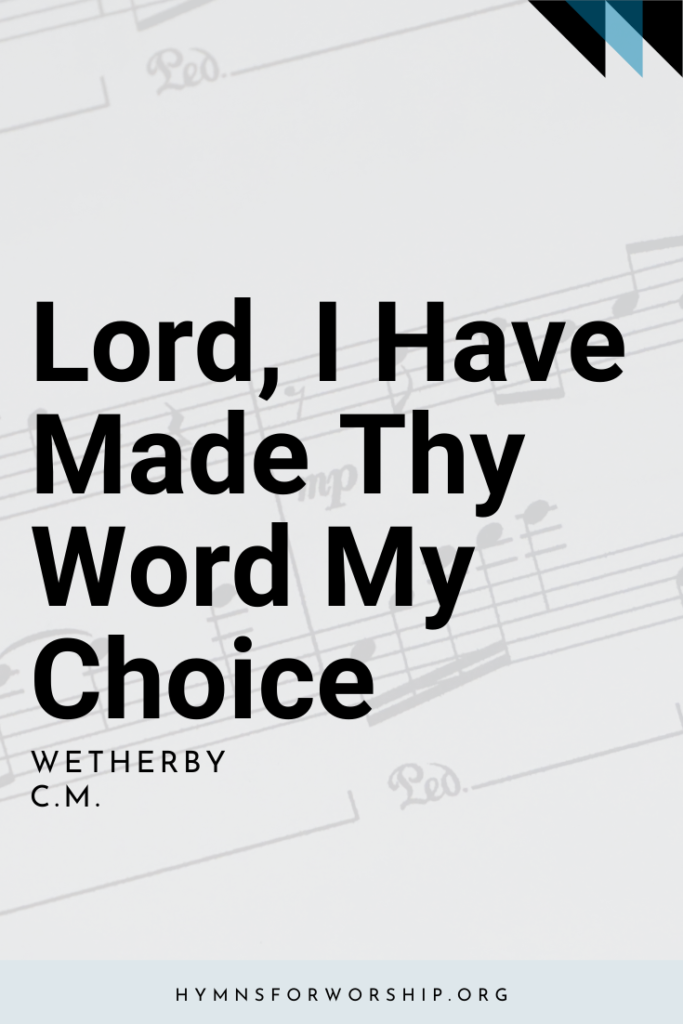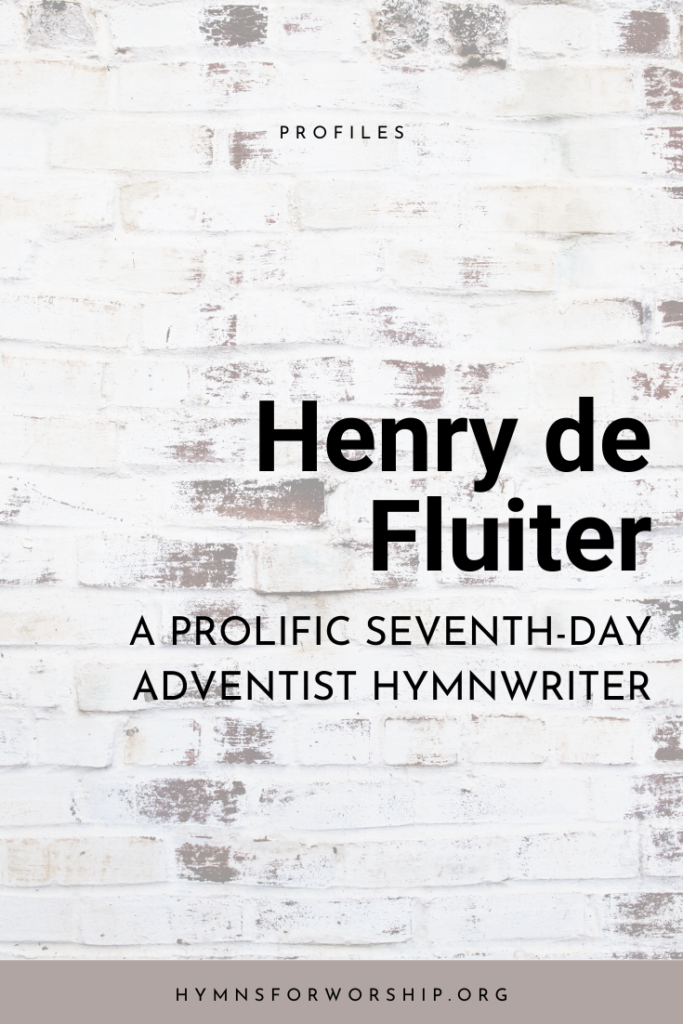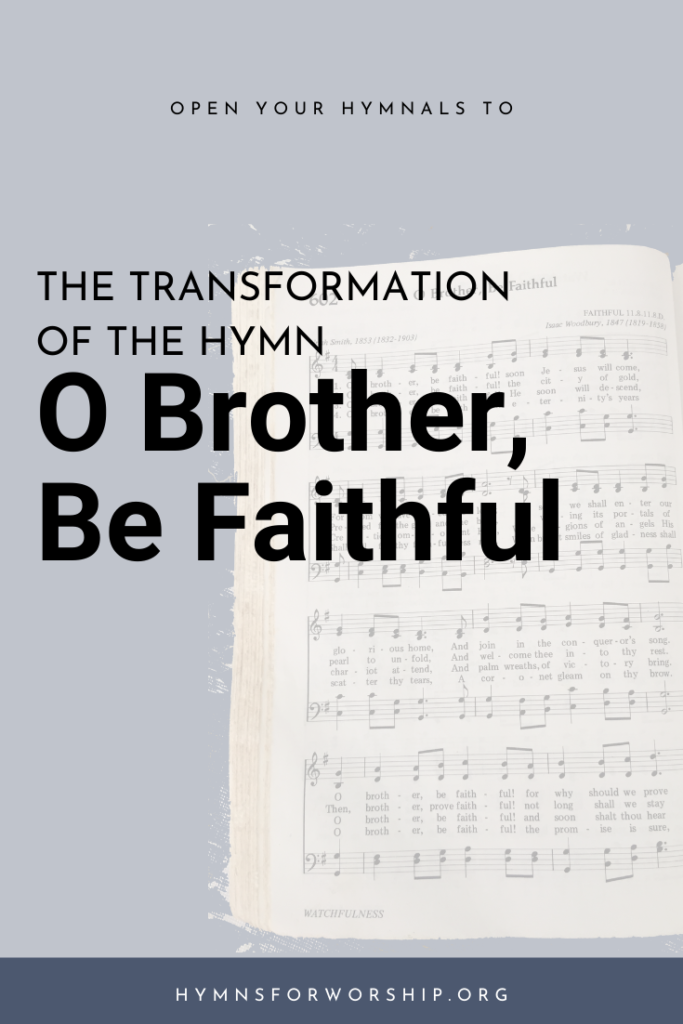JESUS CHRIST >> Birth
SDAH 121
Go, tell it on the mountain,
Over the hills and everywhere:
Go, tell it on the mountain
That Jesus Christ is born!
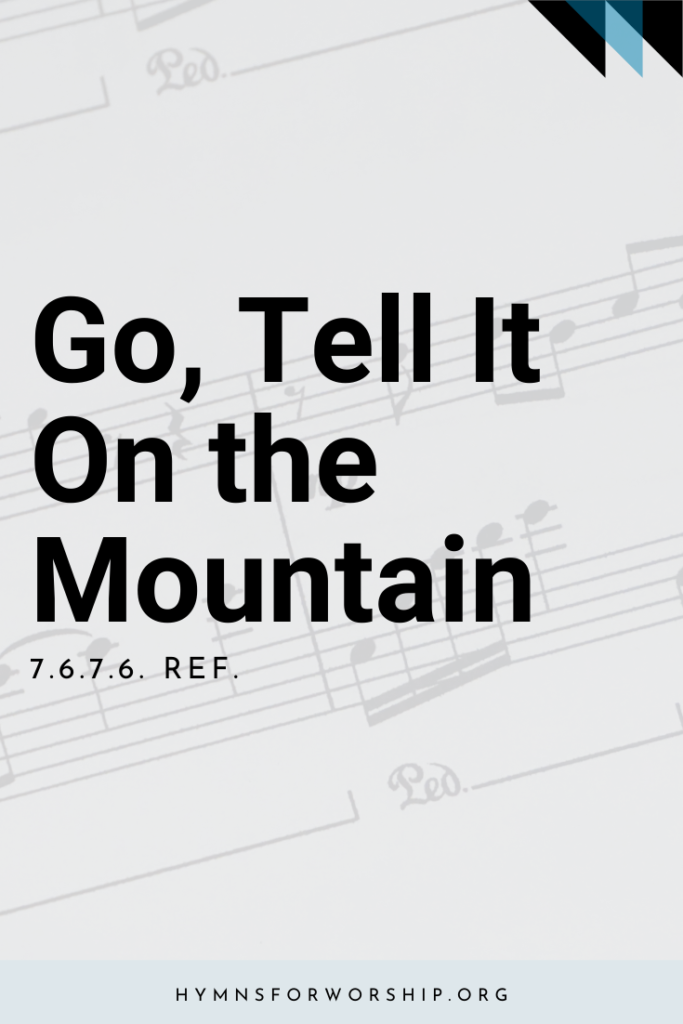
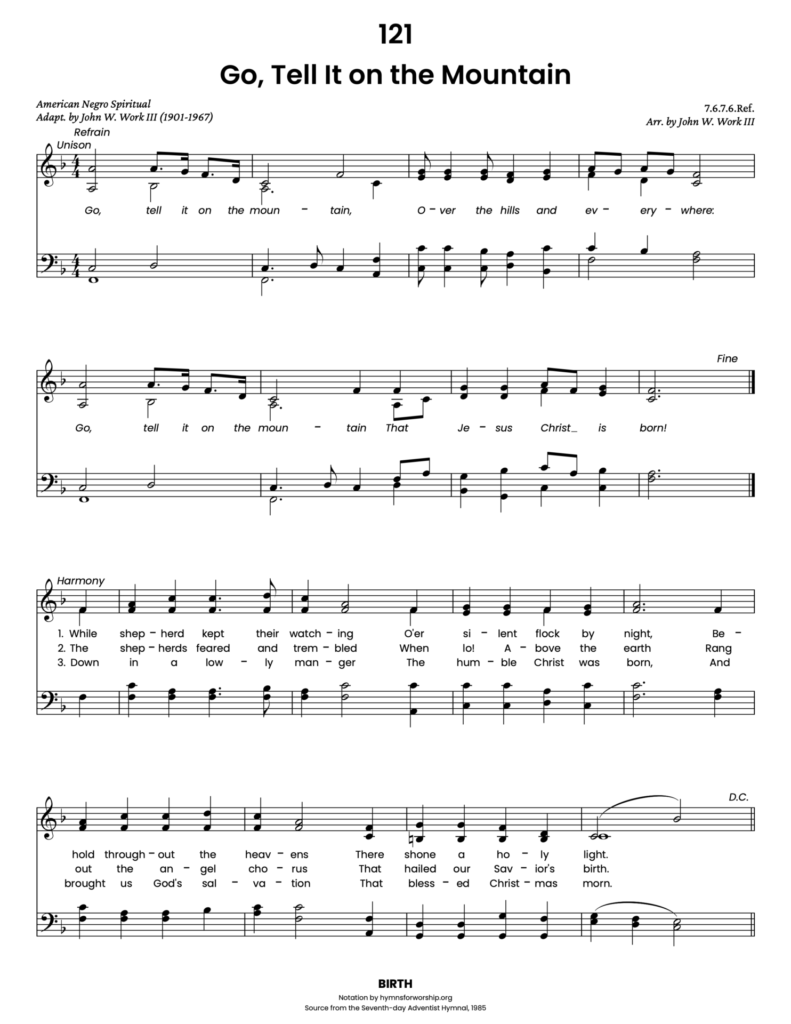
Get the hymn sheet in other keys here
For Worship Leaders
Make each hymn more meaningful with these helpful tools: Short, ready-to-use hymn introductions for church bulletins, multiple ways to introduce a hymn based on your worship theme and in-depth history and insights to enrich your song service.
Hymn Spotlight: Go, Tell It on the Mountain
Rooted in the oral tradition of African American spirituals, Go, Tell It on the Mountain echoes the longing, faith, and joy of generations past. The refrain is bold and unmistakable—“Go, tell it on the mountain!”—a musical summons to proclaim the birth of Christ with unshakable joy.
The familiar version we sing today was first published in 1907 by John Wesley Work Jr., a Fisk University professor who devoted his life to preserving and uplifting the music of his people. While the origins of the melody and text reflect many hands and hearts—possibly including Work’s brother Frederick—its legacy has been shaped across time by the Work family’s deep passion for spiritual music. John Wesley Work III later harmonized the tune and carried its message further, directing the famous Fisk Jubilee Singers and helping to enshrine this hymn in the canon of beloved Christmas songs.
As we sing, may we become part of this long line of witnesses—lifting our voices with those who first sang it in fields, chapels, and college quads, proclaiming good news that still rings true today.


Text
Refrain
Go, tell it on the mountain,
Over the hills and everywhere:
Go, tell it on the mountain
That Jesus Christ is born!
1
While shepherds kept their watching
O’er silent flocks by night,
Behold throughout the heavens
There shone a holy light.
2
The shepherds feared and trembled
When lo! Above the earth
Rang out the angel chorus
That hailed our Savior’s birth.
3
Down in a lowly manger
The humble Christ was born,
And brought us God’s salvation
That blessed Christmas morn.

Hymn Info
Biblical Reference
Luke 2:7-17
Adaptation
John W. Work III (1901-1967)
Text Source
American Negro Spiritual
Copyright
Copyright 1945 by Galaxy Music Corporation, New York. Used by permission.
Metrical Number
7.6.7.6.Ref.
Arranger
John W. Work III
Theme
BIRTH OF JESUS CHRIST

